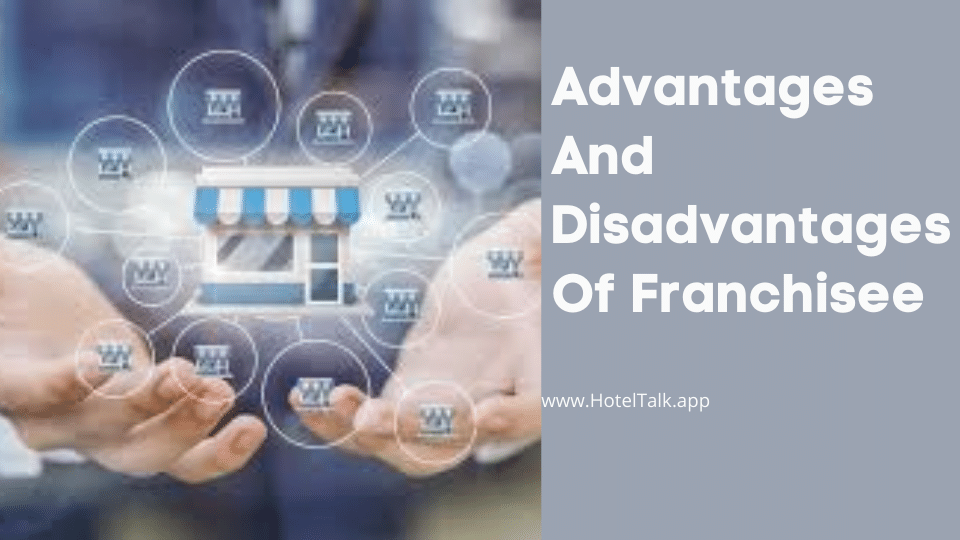Franchising is a contractual arrangement in which one company (the franchisor) licences a number of other companies (each a franchisee) to use the franchisor’s name and business practices. In other words, franchising is a network of interdependent business relationships that allows a number of operators to share a brand identity and a successful business model (i.e., a proven marketing and distribution system). As a franchisee, you own your company’s assets but are licences to run someone else’s business system.
ADVANTAGES.
There are numerous benefits to joining an existing operation rather than starting from scratch.
- There is an established product or service with a brand name and a market identity. Building a brand image is typically expensive and time-consuming. Starting a new pizza business would be far more difficult than opening a Domino’s Pizza.
- The franchisor provides franchisees with technical and managerial assistance. This assistance could take the form of employee recruitment and training, or it could take the form of facility design. Franchisors transfer the knowledge they gained as they progressed through the learning curve, thereby speeding up the process for franchisees.
- The franchisee benefits from the franchise’s already established quality standards. There is a control system in place to guide operations and ensure a certain level of quality and consistency.
- The capital requirement for opening a franchise unit is often less than the start-up costs for an independent operation. The track record of franchises can be used to estimate demand, design the facility, schedule employees, and order inventory.
- There are opportunities for business expansion within the operating region. Franchisees are typically granted territorial rights to add units based on demand.
- The franchisee benefits from the combined resources of the many participants in advertising and promoting the product. The use of cooperative advertising results in more efficient and effective customer communication. An independent restaurant could not afford advertisements in major magazines or on prime-time television shows.
DISADVANTAGES.
There are some drawbacks to becoming a franchisee.
- There are franchise fees and royalties that the franchisee must pay in exchange for the benefits just described. These expenses are typically a percentage of sales and reduce the profit margin.
- The franchisee must follow the standards and procedures outlined in the agreement. This limits the franchisee’s ability to control the entire operation because the franchisor imposes certain requirements regarding products, price ranges, and expansion.
- If the franchisee wishes to change brands or sell the business, it may be difficult to terminate the agreement.
- The brand image is the sum of all corporate-owned and franchised units’ performance. Individual unit performance can have a negative impact on the franchise’s reputation and image.
